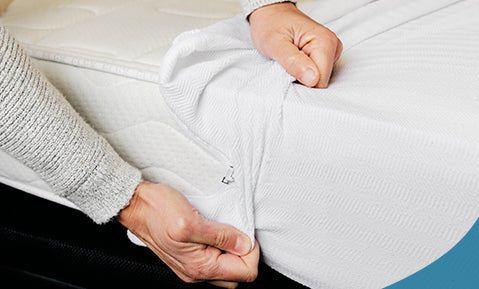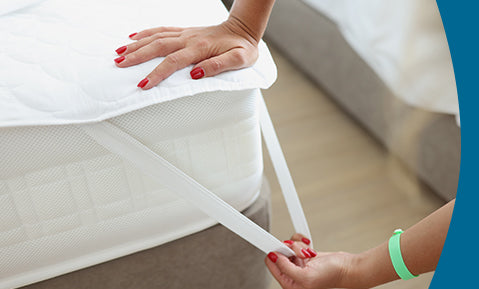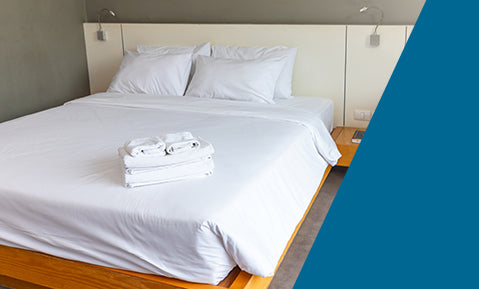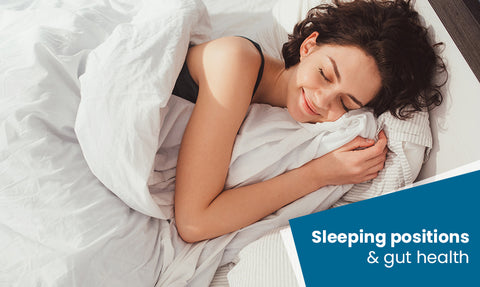
So, in the twentieth century, our lives have changed so much that we frequently forget to get enough sleep. According to research, approximately 237 million people worldwide are affected by this no sleeping syndrome, also known as insomnia. Nearly 70 million Americans are affected each year. Moreover, women are nearly about 40% more affected by insomnia if compared to men.
We have gathered some points for us to ponder over. The idea is so that we are able to dream well, by sleeping well.
- Milk for fixing sleeping habits

Well, as we all might have known, milk plays a great role in maintaining your sleep cycle, but do you know why? Because there are two elements called tryptophan and melatonin present in milk, if you get tired of drinking it, you can change the flavour by adding nutrients such as turmeric, strawberries, matcha, and lavender. If you go for turmeric, it helps release depression and prevents redox imbalances. If you go for matcha, its antioxidants help your body be relaxed, so you get better sleep. Well, strawberries in milk help your body get vitamin B6, which is perfect for covering the sleep cycle. Lavender helps you feel more relaxed while sleeping; this is how your sleep gets awesome at night.
- Meditating and relaxing hacks
Well, meditating to overcome insomnia is fantastic for improving sleep. You could fall asleep faster if you meditate. Regular meditation can help reduce stress hormones and promote calm breathing. Also, the practice of mindfulness meditation entails focusing on the present moment. It is accomplished through improving your knowledge, inhalation, and physical awareness.
Do not blame yourself if you detect a concept or response. Simply examine it before allowing it to pass. Moreover, meditation, according to experts, may be beneficial in a variety of ways. Anxiety and worry often lead to sleep problems, but meditation enhances your relaxation response. It also enhances the regulation of the autonomic nervous system, lowering the ease with which you can be woken.
- Correcting your diet
As a general rule, a good diet rich in vegetables and fruits may supply the needed daily intake of nutrients and minerals, aiding in improved sleep and supporting a healthy weight.
Because sleeping and nourishment are both incredibly complicated and involve several interrelated organ systems, conducting research studies that definitively indicate a specific diet that is optimal for sleep is difficult. What appears to be most crucial would be that a person receives appropriate nourishment without overindulging in unhealthy snacks.
Because of the impact of dietary modifications on multiple physiological systems, it's critical for anybody thinking about attempting a new diet to consult with a doctor or dietician who can go through their eating plan and its advantages and drawbacks in their individual scenario.
- Eating foods with packed Magnesium
Well, magnesium is an element that is scientifically proven to help activate the parasympathetic nervous system in our body. It also works as an essential muscle relaxant for our body. Because it helps bind gamma-aminobutyric acid, which is also known as GABA. Moreover, by limiting the element Melatonin, it regulates our bodies' sleep-wake patterns. Also, German researchers have investigated the relationship between magnesium and frustration in relation to sleep. According to their findings, boosting individuals' regular magnesium consumption helped them balance both the central and peripheral nervous systems.
It is important for good sleep to regulate these two systems. The parasympathetic nervous system, sometimes known as the "relax and digestion system," prepares your body for sleep by decreasing your pulse rate and calming various systems.
- Getting a good, warm bath

According to the findings of the study, the optimal time to take a shower or bath is 1-2 hours before bedtime. For a person to get the advantages, the shower and bath should last no more than 10 minutes.
This helps to cool by increasing blood flow from the centre to the extremities, namely the palms and feet. Taking a warm hot bath at this time increases the "temperature circadian rhythm," allowing people to fall asleep faster and sleep better, according to the study's authors.
- Making a bedtime routine
One of the simplest methods to enhance your sleep is to create a routine of going to bed at a similar time every night and waking up around the same time every morning.
According to the Sleep Council, 40% of us do not receive the required six to nine hours of sleep every night.
If you don't get enough sleep one night, you should be capable of catching up the next night. However, if you haven't slept for two or more nights, you're in sleep debt, and a weekend lie-in won't make up for it.
Despite the fact that it appears to be a wise decision, So, even on weekends, try getting up straight away every day. This teaches your body to make the most use of the time it has to sleep.
- Lighting control
It's simpler to get to sleep and remain asleep in a dark room. To avoid being awakened by light, close heavy drapes or blinds, or try wearing a sleep mask.
This also applies to artificial lighting. Before going to bed, avoid using your smartphone or tablet or watching TV. Electronic devices cast full-spectrum light that has a stimulating impact that makes it difficult to fall asleep. Instead, consider relaxing before bedtime, such as by reading, listening to a playlist, or taking a bath.
- Doing some exercise

One of the coolest methods to treat insomnia is to get engaged in some regular exercise. Exercise benefits your general health, but studies also suggest that it might enhance your sleeping pattern, in general. Because doing some exercise releases endorphins, which make your body feel energized, do it earlier in the day. Also, avoid doing exercise within two hours of getting a good night's sleep.
- Fewer activities in bed after sleeping

If you have insomnia, avoid doing things like balancing the budget, studying, or making phone calls while in bed or just in the bedroom at night, and steer clear of watching TV or listening to radio. All of these things might make you more attentive and prevent you from falling asleep.
With so many people having sleeping related issues, don’t be surprised, you are not alone; we have all joined this insomnia race as a result of our daily habits, a mix of bad as well, that needs a little genuine attention. And if we wait to change, we might get out of sorts real quickly! So, live well, sleep well and dream well.












